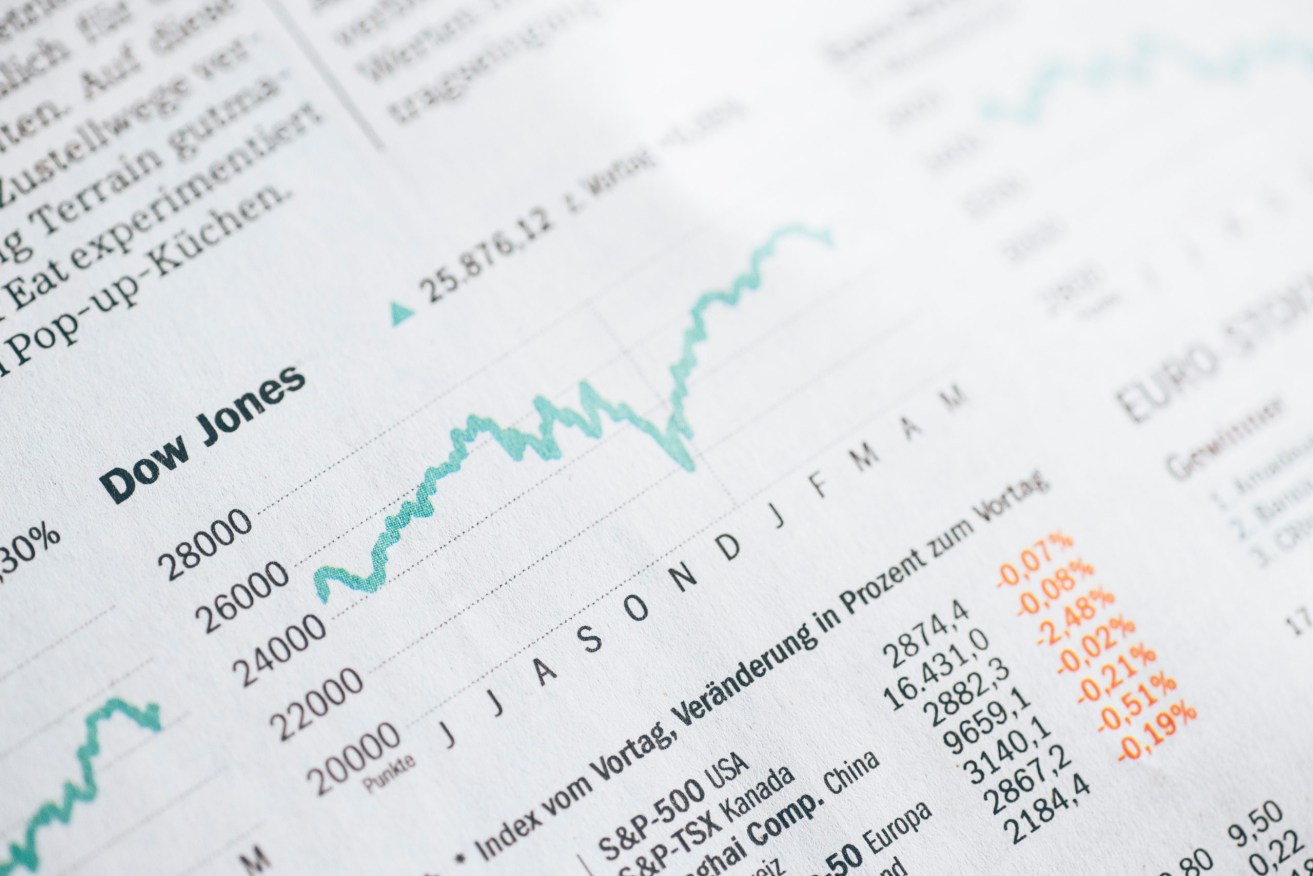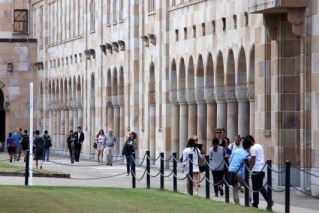Economy shows a weak heartbeat and even that may fade: economists
Australia registered weak economic growth in the December quarter, before the fires and coronavirus had their impact.


Deflation is not expected to last with forecasts tipping a reversal in September
The Australian economy was barely alive in the December quarter, registering just 0.5 per cent growth, according to the Australian Bureau of Statistics.
The result for the year was growth of 2.2 per cent.
Economists were quick to point out that although better than expected it still pointed to a tough 2020 for Australia’s economy and that the big slumping activity this year from the coronavirus could not be fixed by monetary policy.
Treasurer Josh Frydenberg said the impacts of the bushfires would not be known until the March quarter figures were released and the Government was working on a stimulus package that was responsible and scalable “to keep business in business and Australians in jobs”.
IFM Investors economist Alex Joiner said the national accounts showed the fragility of the private sector of the economy and that it was not well-placed to fend off an economic shock.
“This should shape the fiscal response to coronavirus but a negative first quarter at least remains likely,” Joiner said.
“Private sector demand is extremely soft it’s public spending, inventories and net exports keeping growth afloat, monetary easing hasn’t been effective on the real economy as yet.”
The ABS data also showed Queensland’s domestic economy (excluding exports) grew by 1.25 per cent for the year but only 0.2 per cent for the quarter. Although weak, it was better than Victoria, South Australia and Western Australia, which all contracted.
The outlook for Queensland is weak, with one economist expecting the state’s economy to contract this year, while others see significant weakness.
The drought, fires and the coronavirus were all major factors.
According to Queensland Treasury data released last week, which included exports and is a more thorough view of the economy, it now appeared the Government’s forecast of 2.5 per cent, made only in December, is gone and the Chamber of Commerce said there was a real possibility of negative quarterly growth occurring.
Conus Consulting economist Pete Faulkner said the Government’s growth forecast of 2.5 per cent was looking fragile, but doubted that growth would be negative this financial year.
He said a release of data late last week showed that Queensland Treasury had revised down the growth in the second quarter of the financial year from 2.6 per cent to just 1.7 per cent.
Gross State Product, which reports economic growth, was up 0.5 per cent in the Queensland Treasury data, making an annual increase of 1.6 per cent, which is a slowdown from the 1.7 per cent in the previous quarter.
“This is the slowest rate of growth since the second quarter of 2015 and suggests that even the MYFER-revised Budget GSP target for 2019-20 of 2.5 per cent will be a tough ask, particularly in light of the slowdown we know is happening has happened in the first quarter of 2020 and is likely to continue in the second quarter, driven by the COVID-19 impacts.”
Chamber of Commerce and Industry economist Marcus Smith said a quarter of negative growth was “something you could start to worry about”.
Two quarters of negative growth are considered a technical recession.
“We have seen the full effects of the drought which has led to a 6 per cent reduction in agricultural production and the virus is going to start hitting the tourism sector,” he said.
“I think the virus is going to be a serious problem. If things don’t turn around soon the Government is going to really struggle.
“It (growth) was negative in real terms last year and you have to ask yourself have things changed since then and it does not appear to be the case.”
He said Treasurer Jackie Trad had already warned that GST revenue and coal royalties were down substantially, seriously affecting Budget revenue.
The lastest move by the Government to allow some businesses to defer stamp duty would also impact the Budget.
The Government has already forecast the coronavirus could cost the economy up to $1.7 billion and much more if its effects go beyond six months. The hit to the economy could cost as many as 11,000 jobs, according to QEAS economist Nick Behrens.












